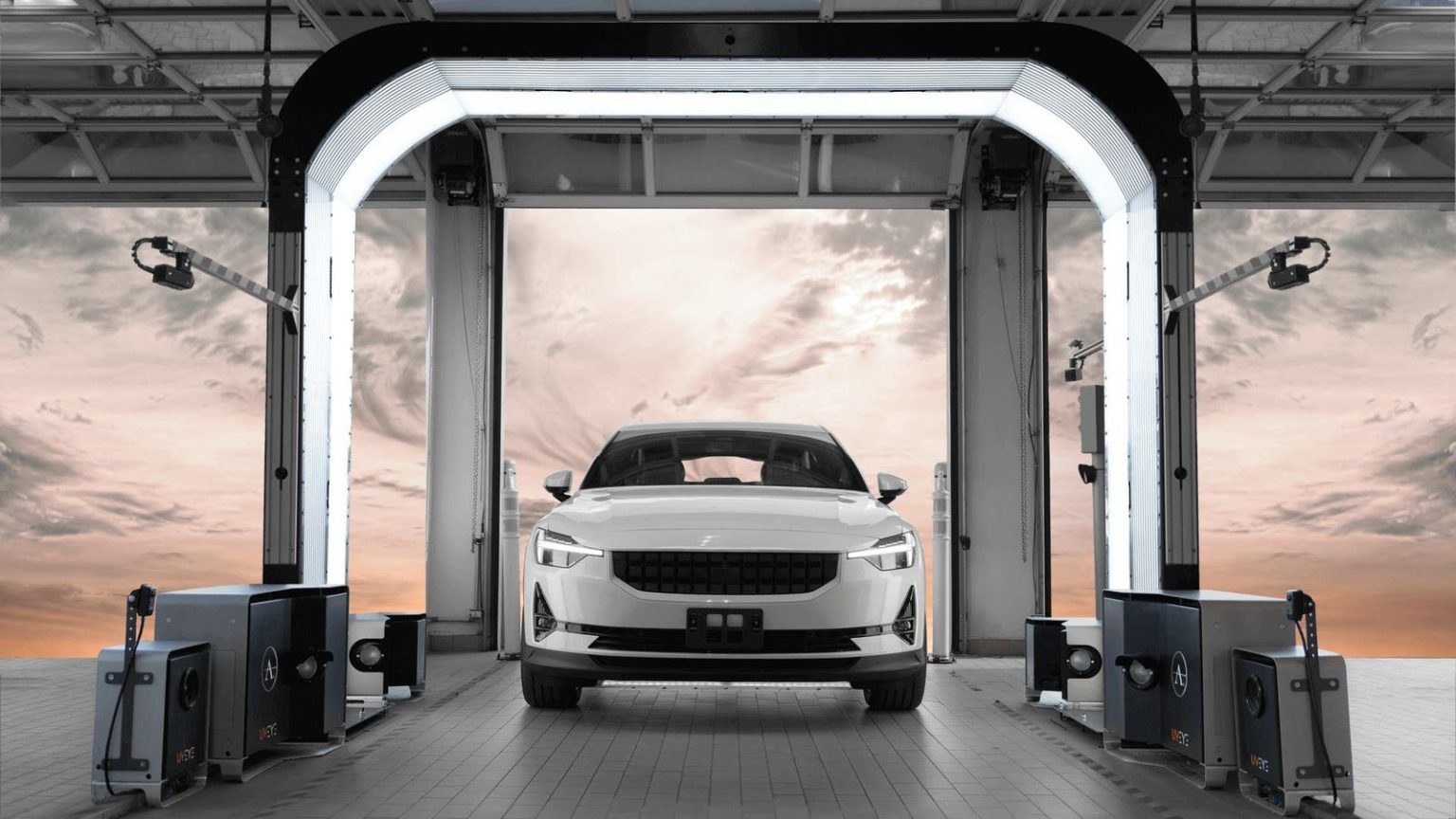A recent news segment in Miami highlighted a new system at a local Toyota dealership that can conduct detailed 360-degree inspections of cars in seconds. The system is developed by UVeye, an Israeli company that originally focused on using underbody cameras and AI for detecting bombs. The fact that this story made the news alongside local traffic and weather illustrates the growing significance of AI and machine vision technology in various industries.
During a conference in 2016, Dave Clark, who was the SVP of Worldwide Operations for Amazon at the time, spoke about the importance of machine vision in supply chain technology. He emphasized its role in Amazon’s advances in warehouse automation. Companies like Unilever, Land O’Lakes, and Walmart have also been utilizing AI and machine vision in their operations. With AI becoming more integrated into supply chain strategies, it is crucial to consider machine vision as a transformative technology with countless possibilities.
The total volume of digital image data has increased significantly, with billions of smartphones and CCTV cameras capturing images worldwide. Google Photo, an AI-powered app, is able to automatically recognize and categorize images of individuals based on various activities. This massive amount of image data, combined with machine learning advancements, allows supply chain practitioners to augment their expertise exponentially. The challenge lies in effectively utilizing this data and technology.
Car dealerships are facing challenges in the modern market, as companies like Carvana have seen significant growth by offering an alternative car-buying experience. UVeye’s technology, which has received investments from major auto OEMs like Volvo and General Motors, provides car dealerships with a unique competitive advantage. By leveraging domain-specific AI training data sets, dealerships can enhance customer service and safety, while also adapting to changes in the industry such as direct-to-consumer sales.
Applying machine vision to supply chain management goes beyond anomaly detection in manufacturing. Companies like Toyota, Siemens, and ExxonMobil have utilized machine vision technology for various applications, such as work and motion study, robotic machinery inspection, and energy infrastructure safety. With cameras becoming more affordable and AI advancing rapidly, the opportunities for leveraging machine vision in supply chain management are vast.
UVeye’s success in transforming the automotive industry with machine vision serves as a prime example of the potential for this technology. As companies continue to innovate and expand the applications of machine vision, it is essential to explore the full range of possibilities that this technology can offer. By widening the aperture on what is possible with machine vision, businesses can unlock new insights and solutions to improve efficiency and drive growth.


